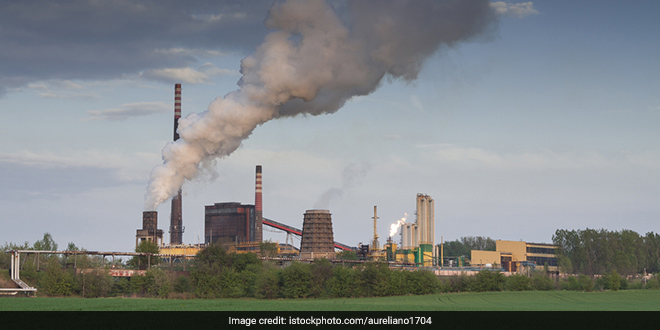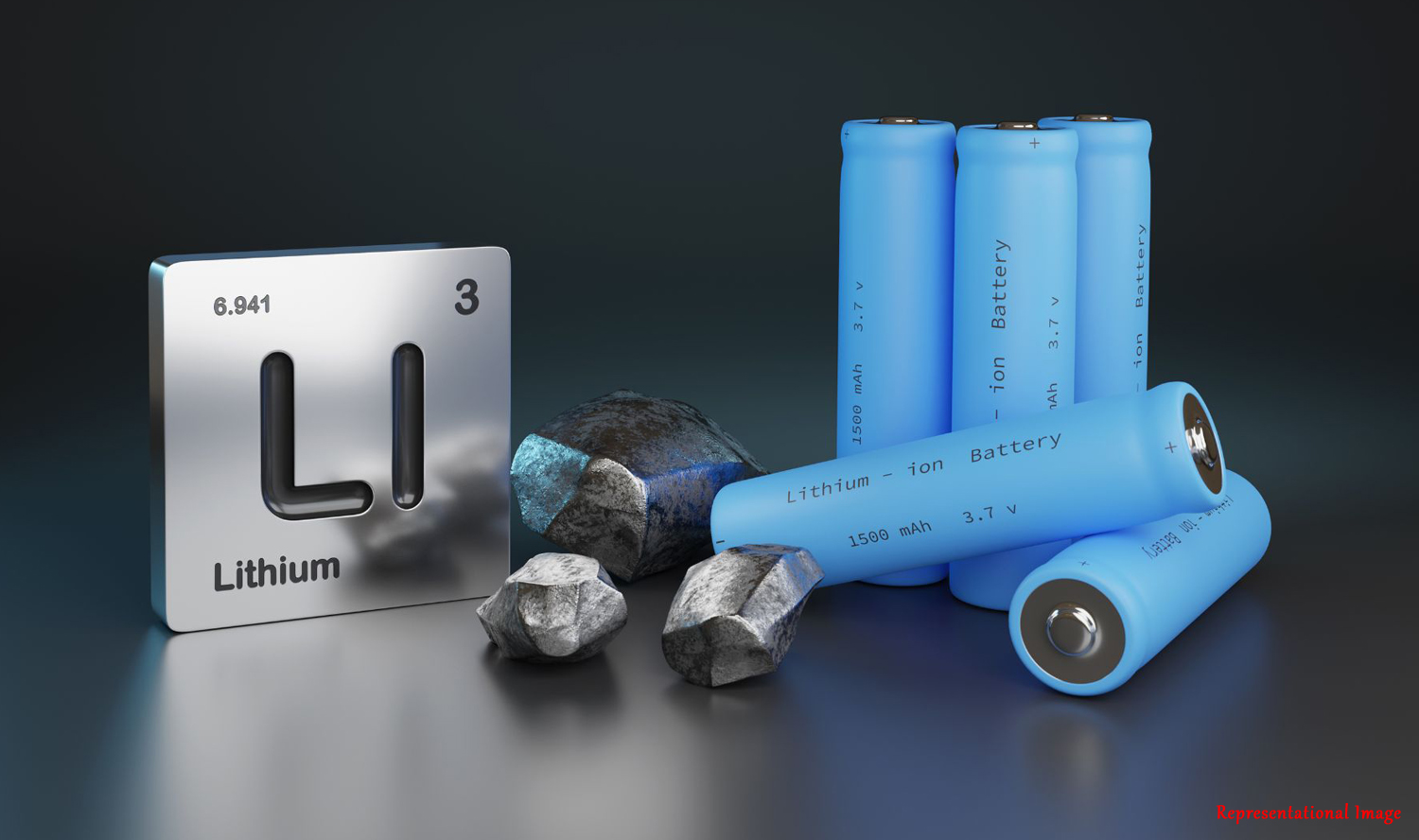When you think of industries, the image that automatically pops up into your mind is a huge amount of smoke releasing from factory chimneys. In a time of gradual global warming, pollution control has become a serious matter of concern for the policy makers as it is already wrecking our environment through climate change and ozone depletion. So, industries are subjected to regulatory norms to reduce emission of Green House Gas (GHG).
Professors Sabuj Kumar Mandal and Anup Kumar Bhandari of the Department of Humanities and Social Sciences, IIT Madras, using factory level of all the Indian states from the year 1999 – 2000, to the year 2004 – 2005, have evaluated the financial performance of Indian cement firms while achieving environmental efficiency.
For this study, two possible scenarios are taken into consideration:
1. The Cement Industry makes efforts to become environmentally efficient by expanding profitable output (cement), and reducing carbon emissions (carbon dioxide). Firms are subjected to environmental regulation but their initial level of emission is just within the permissible level.
2. The Government regulates the Cement Industry, but the firms may avoid the regulation by illegal negotiation with the pollution control agency.
By the use of directional distance function approach on firm level data of the Indian Cement Industries, and through empirical findings, it is found that socially responsible cement firms make more profit by abating pollution than their noncomplying counterparts. Thus they comply with environmental standards by abating pollution which generates ‘win-win opportunity’ for the cement firms in terms of higher output (cement) with lower level of pollution. However, such ‘winwin’ may not always result in pollution abatement as the results show the possibility of even more feasible expansion of cement output by avoiding regulation.

In such a situation, the study highlights the importance of strategically disclosing the information about firms’ environmental performance to motivate the polluting firms to go for pollution abatement. Under information disclosure, firms would abate pollution to create a better Corporate Social Responsibility (CSR) image in public as more people invest in firms with higher level of environmental performance. Therefore, a well-designed environmental regulation may generate benefit for the firms in terms of higher profit and for the society in terms of lower amount of pollution.

Sabuj Kumar Mandal 
Anup Kumar Bhandari
Dr. Prasenjit Banerjee, Assistant Professor, Economics, at the University of Manchester, UK, had this to say about Professor Sabuj’s paper; “The paper, with its innovative approach, shows the catalytic role of environmental regulation to generate a win-win opportunity – lower level of pollution with a higher amount of output – for the Indian cement industry, which is one of the most energy-intensive industries within the Indian manufacturing sector.
However, regulation may not always result in pollution abatement since non-abatement generates even more expansion of output. In this situation, disclosing the information about cement firms’ corporate social responsibility (CSR) activities in the environment front could be a good strategy for policymakers to motivate the polluting firms to go for pollution abatement and creating a green image.”
Article by Akshay Anantharaman
Article: https://muse.jhu.edu/article/738668











